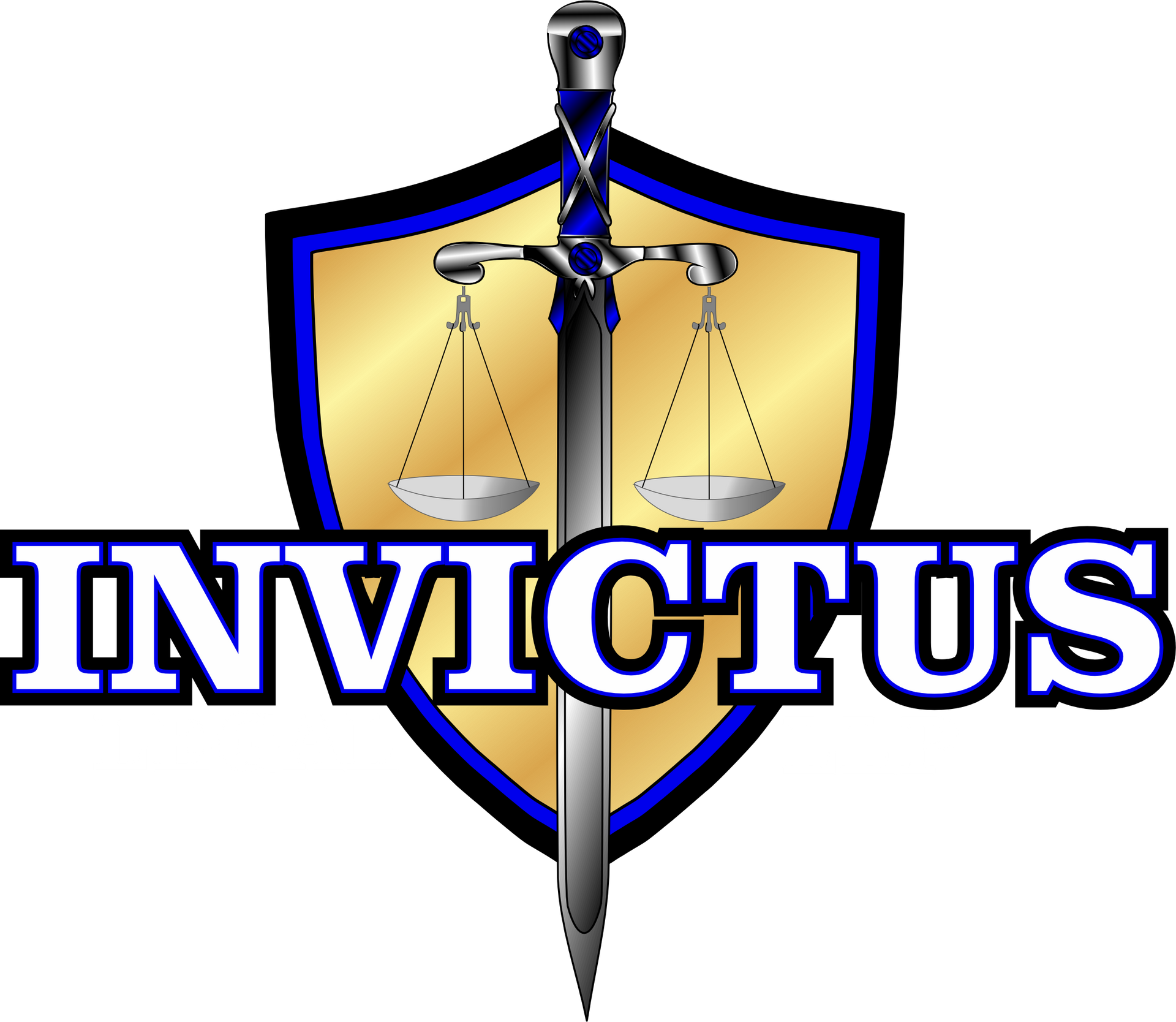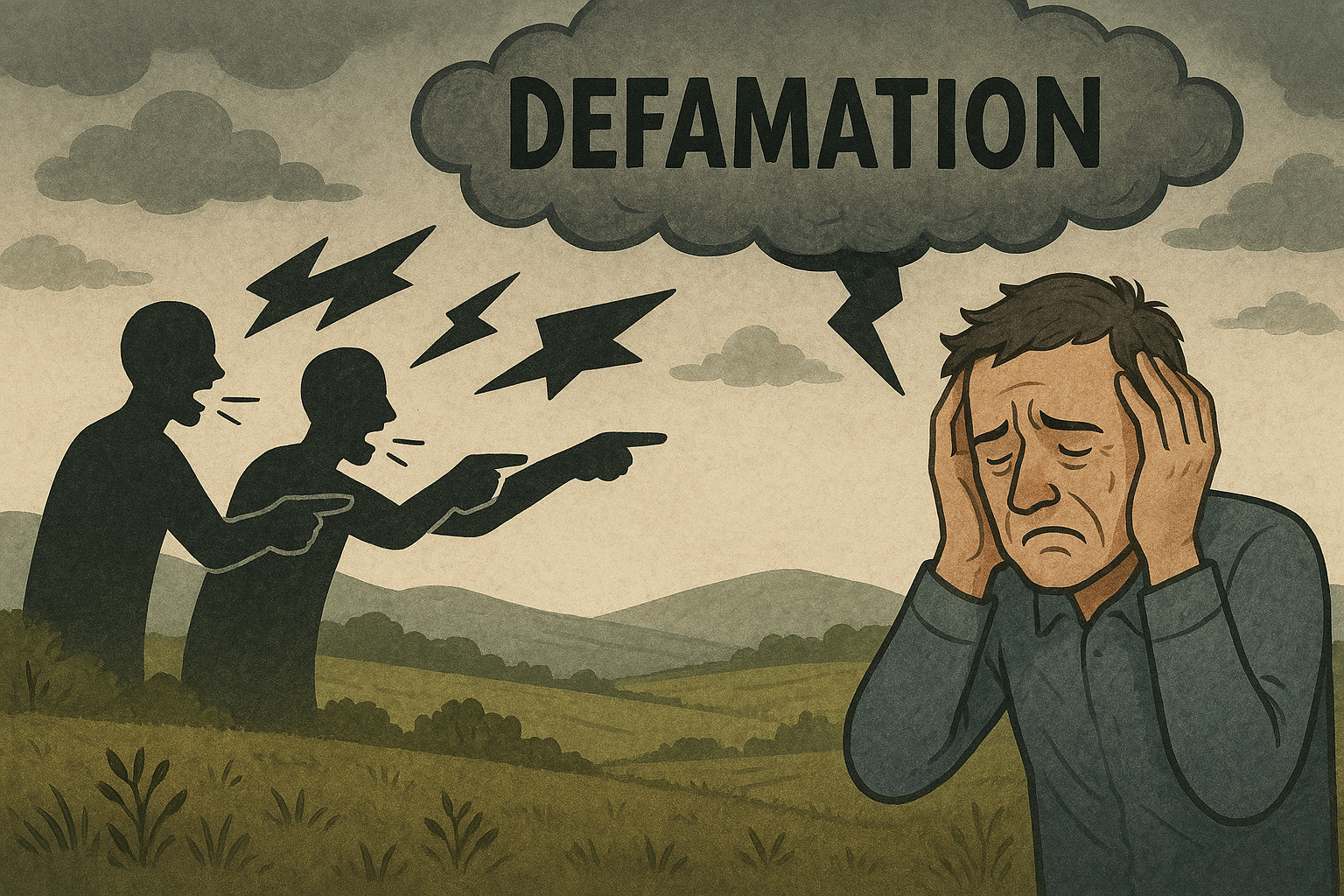Choosing the Advocate that is Right for You
How Do You Find Information About a Lawyer or Paralegal?
Is Your Advocate a Regulated Professional?
So, you decided to hire a legal professional. That may be a daunting task. There are a number of steps you can take to ensure that they are a regulated professional.
First, check to see that your legal professional is listed in the Law Society of Ontario directory. If their name is in the directory, they are licensed with the Law Society of Ontario and are able to provide you with legal advice or legal services. Members in good standing with the Law Society of Ontario are insured for errors and omissions, as well as bound to a Code of Ethics.
If their name is not listed, it is likely they are not licensed and not authorized to provide the services you are seeking.
Check their Law Society of Ontario number on the Directory. The higher their number is, the less experience they have in private practice. Many practitioners with higher numbers have not practiced for a couple of years since they were licensed and only recently opened up shop. If they are not working with somebody else that has more experience, particularly if your issue is more complicated, it is best to take your matter elsewhere.
Second, check the website of your prospective choice. How much information does their website provide? Is there a contact number? Are there office hours? Does there appear to be a physical office? Does the prospective hire provide legal advice or legal services in the areas of law that you need help with? Their website should state clearly what types of issues they could help you with.
Where Does Your Legal Advocate Work?
While it is not necessary to have a physical office, the Law Society of Ontario does have specific requirements for those who choose to work from home or in shared office space. Short term or hourly rental spaces, such as Regus or Zemler “office in a box” boardrooms, do support occasional meetings for a legal professional meeting with you in your community. However, such space may not be appropriate for a long-term relationship.
Legal professionals are obligated to maintain strict confidentiality of your records (e.g. a locked filing cabinet, password-protected clouds), as well as to provide a consultation area that is free of distractions. It should be a space that nobody else regularly enters or has a reason for being in. Further, not having a physical office limits the way you can interact, drop off documents or meet with your professional in an emergency or urgent situation. However, many lawyers and paralegals operate most of their services online. If you are comfortable with that, make sure you have a place to write to them outside of an email address or contact sheet on a website.
How Detailed is their Website?
Third, your prospect’s website should provide the areas of law that they work in. If your prospect’s website simply states, “we handle matters in small claims court“, it is not enough. What kind of small claims matters can you bring to this person/firm? Does your prospect offer help with employment situations? Is the person familiar with construction contracts, such as a ‘renovations gone bad’ type of case? How about your prospect’s experience in filing claims against an insurance company, such as when your house insurer declines your claim after your roof blew off?
Fourth, does your prospect advertise their fees? The professions do not always advertise their fees, nor do they have an obligation to do so. However, if they claim they offer a flat rate “start to finish” on various actions, question them on this. If they claim they can run a Trial on a flat rate, they likely do not have the experience or the expertise to determine how long or how complicated their matter can be at Trial.
Fifth, if they advertise themselves as ‘experienced’, ask them how many Trials they did, how many landlord and tenant matters they took to hearing, as well as how long their current office was open. Ask them if you have something to drop off or need to stop in to speak to them, where would they meet you? If they are hesitant, find somebody else.
Meeting with Your Legal Professional
Sixth, how does your prospect present themselves? Are they boastful of early achievements? Do they compare themselves with other legal professionals? Are they dressed so they could hurry off to the nearest night club after meeting with you? Do they look like they just finished up a paint job at their house and are interrupting that job to meet with you? Are they playing with their smart phones at any time in your consultation, or do you notice their computer screen opened up to Facebook or Twitter?
Seventh, what is the state of their meeting space? Many legal professionals meet in private boardrooms or empty offices in their physical location to ensure that your comfort and confidentiality is held in top regard. Their own offices may be filled with paperwork to the brim, which is not an ideal client meeting space. Your meeting with your prospective professional should not include the presence of open files, documents, or even closed files piled up on the desk or board table. If space is an issue, your professional should place these files behind them on the floor or on a shelf outside your view before meeting with you.
Eighth, how does your prospective professional communicate with you? At the Initial Meeting, they should mostly listen and steer the discussion with questions to help understand the legal issues you are bringing them. The type of communication style one client prefers may differ from the next. However, in most cases, your prospective representative should be knowledgeable about your issue, non-judgmental and be willing to explore a number of options that can help you arrive at the right place.
The Importance of Trust, Professionalism and Being Upfront
It is important to identify your goals with your legal representative when you meet with them. While we are trained for court and often love to litigate, taking everything to court is not always in the client’s best interest. A good legal professional would ensure that going to court is a last resort, while at the same time securing a strong legal settlement that may not be perfect but would meet your needs.
Your legal professional should be able to discuss fees in a straight forward manner. There are different ways that fees are charged to clients at Invictus Legal LLP. There are flat fees, which are usually limited to research and possibly a limited scope retainer. A limited scope retainer is when you need help with some of your case, but not all of it, such as drafting a claim. Hourly fees are charged when the matter is likely to head to litigation.
There are also block fees where each step in a legal proceeding has a flat rate, as well as a monthly retainer fees for ongoing actions that a client may not be able to fund upfront. Many times, your legal professional will ask for a certain amount of money upfront. If they do, this money must by law be placed into a trust account and not disbursed to themselves until: (a) work is partially or fully completed; and (b) invoiced.
It is important that you have a trust level with your lawyer or paralegal. You should be comfortable telling him or her anything that you feel is relevant to the case you are bringing to them. You should also feel that you are not being judged. Many people involved in traffic or criminal cases feel badly, but a professional’s job is not to judge you. Their job is to assist you in resolving the issue.
Most important, once that comfort level is established you should provide all the information they need, or their ability to help you may be limited. Please see our companion article on your Initial Consultation.










